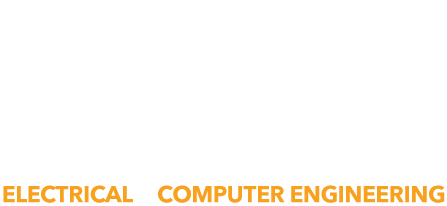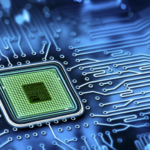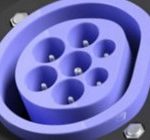- Homepage
- >
- Research Centers
Research Centers
Interdisciplinary research is extremely important. By combining information, tools, concepts, and theories from different areas, interdisciplinary collaborations bring different perspectives together to solve problems, rather than just looking at a problem through one lens alone. UConn has many institutes and centers that foster joint research across campus. UConn also looks to partner with local businesses and the community for collaboration. Working closely with industry and consumers of technology allow our researchers to apply their work and make a direct impact. Explore some of our collaborations below:
The Connecticut Advanced Computing Center (CACC) and its member centers - Comcast CSI, CHEST, Synchrony and VoTeR - carry out research in cybersecurity and cryptography. Their research areas include Algorithms, Artificial Intelligence, Computational Science, Computing Systems, Machine Learning, Optimization and Security.
The Pratt & Whitney Institute for Advanced Systems Engineering (IASE) conducts research on technology in the field of cyber-physical systems engineering. Some of their research areas include requirements modeling, architecture and formalization of large-scale cyberphysical systems, data driven modeling, abstraction and reduction for system simulation and verification, robust and resilient system control, optimization, model-based system diagnostics, and well as cyber-security.
The Eversource Energy Center focuses on research to help assure efficient and reliable power. Some specific research areas include storm preparedness, such as storm damage modeling and outage prediction, electric grid modernization, resilience, and security, as well as renewable energies such as offshore energy integration.
The National Institute for Undersea Vehicle Technology (NIUVT) collaborates with the Navy to perform research on technologies to advance the capabilities of the US undersea fleet. Research areas include acoustics, sensors and signal processing, underwater energy systems, and unmanned underwater vehicles just to name a few.
The Center for Clean Energy Engineering (C2E2) conducts research in all aspects of clean energy including discovering new materials, and designing and building new energy systems that enable more efficient energy conversion and storage. They also work with many industrial partners to implement these technologies into the energy ecosystem. Specific research areas include electrochemical devices, energy materials, and power electronics among others.
The Institute of Materials Science (IMS) is a research center that combines the fields of materials science and engineering, and offers materials-related technical outreach to Connecticut’s industries. IMS has state-of-the-art instrumentation and laboratories, and the students and faculty perform a wide range of studies, that range from polymer science to chemical and biomolecular engineering, to mechanical engineering and many more.
The Connecticut Power Electronics Center of Excellence (CONPEX) has an objective to create an industry center and provide industrial partners such as Connecticut state agencies and institutions, as well as federal agencies and institutions with human talent and research capabilities that provide economic and resilient clean electrical energy.








